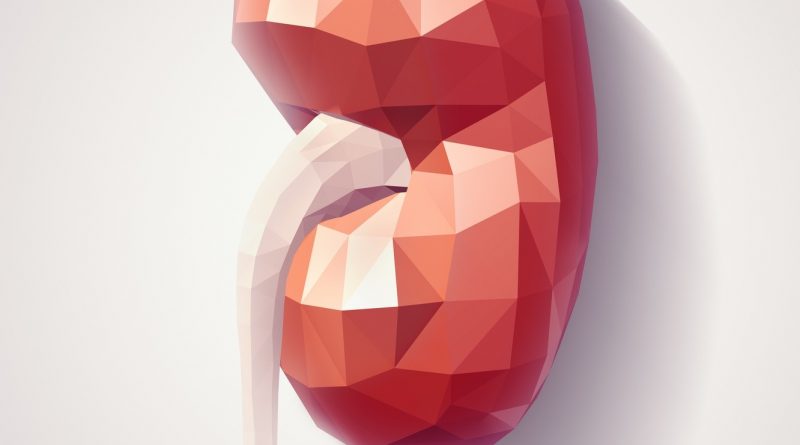Six Common Myths about kidney disease
Kidneys are two (kidney) bean shaped organs in our body, located on both sides of the spine. The primary function of the kidneys is to filter our blood and remove toxins or waste material from our body by producing urine.
The diseases of the kidney can affect their function and lead to build up of the waste. There are many diagnostic tests that can help detect the problems of the kidney and their functions. With increasing cases of kidney diseases worldwide, many myths have been circulating about the problems.
It is important to be well-informed and correctly understand the disease as well as the treatments to make sound decisions about your health.
Below are the 6 common myths about kidney disease which have been explained with the facts:
Kidney diseases are incurable
Chronic kidney diseases are incurable, there are many other kidney diseases that can be cured with early diagnosis and proper treatment. In most of the cases, timely diagnosis and management can slow or halt the progression of severe kidney diseases.
The best kidney hospitals in India offer all kinds of diagnostic, therapeutic and management options for patients with kidney diseases. These hospitals are world-class facilities that provide comprehensive range of medical services to patients from all over the globe. The hospitals not only offer excellent quality of treatment but at a considerably lower price as well.
Kidney failure occurs if one kidney stops functioning
Every individual have two kidneys and kidney failure only occurs when both the kidneys fail to function. In most cases, there may not be any significant problem if one kidney fails completely, and one can survive with only one kidney. However, in such cases, the levels of blood urea nitrogen and creatinine in the blood tests remain within the normal range. But when both kidneys fail, toxins and waste products begin to accumulate in the body which results in the increased level of blood urea nitrogen and creatinine. This is indicative of kidney failure.
If the kidneys functions are less than 10-20%, the doctor will discuss a plan with the patient regarding whether to manage the functions of the kidneys with dialysis or transplantation or to choose a conservative approach for treatment.
Every patient with kidney disease should drink large amount of water regularly.
It is commonly said that a person should drink eight full glasses of water every day to flush out the toxins in the kidneys. But, there is no medical evidence to support this for people with chronic kidney disease. In fact, as the kidneys function is affected, they will be less effective in removing the excess water and salt.
The reduction in urine output is an important feature of several kidney diseases and water restriction becomes necessary to maintain proper water balance in such patients. The doctor may recommend limiting the amount of fluid (water, juice, tea, coffee, milk, soup) and salt for such cases.
However, patients with kidney stone disease and urinary tract infection who have normal renal function are recommended to drink a large amount of water.
Once I feel fine, I won’t need to continue treatment for my kidney problem
Many Chronic kidney disease patients feel improvement with proper treatment, and they may choose to discontinue the prescribed medications and dietary restrictions. Leaving a therapy in between can be dangerous for kidney disease patients. It may lead to further worsening of the kidney functions, resulting in earlier requirement for starting dialysis or having a kidney transplantation.
Dialysis can cure kidney failure
No, dialysis can not cure kidney failure. It is a temporary treatment or a method of management to remove waste from the body. In dialysis, machines are used to remove waste products, excess fluids and maintain electrolytes balance. Accumulation of these substances in a person can lead to death. Although it is an effective and life saving treatment in cases of chronic kidney failure, it only helps in prolonging survival in patients with severe kidney failure.
I can’t have another transplant if I had one.
According to The Renal Association, most people can have another transplant if the previously transplanted kidney fails. Although, they may have to wait longer as it can be difficult to find a good match again, the success rate for a second or third transplant is generally as good as the first one. The patient will also need to undergo the same tests again to make sure that the patient is healthy enough to have another kidney.

